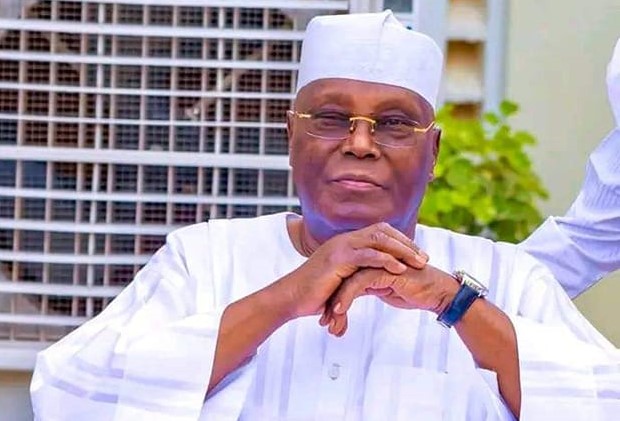Former Vice President Atiku Abubakar has launched a scathing attack on the administration of President Bola Ahmed Tinubu, accusing it of plunging Nigeria into deep economic hardship through what he described as a “hasty and thoughtless” removal of fuel subsidy.www.statehouse.gov.ng
Writing on his verified X handle @atiku, the 2023 presidential candidate of the Peoples Democratic Party (PDP) said Tinubu’s inauguration-day policy shift triggered an “economic avalanche” that has since “buried the average Nigerian under the weight of inflation, hunger, and despair.”
Atiku also called out the Tinubu administration for failing to keep its word on wage awards promised to federal civil servants as a temporary relief pending the agreement on a new national minimum wage.
“It took the Tinubu administration a staggering 10 months to arrive at a new minimum wage figure. By implication, the Federal Government owes 10 months of wage award arrears to federal workers,” he said.
While only six months’ worth of the ₦35,000 monthly wage award has reportedly been paid, Atiku revealed that four months remain outstanding—amounting to ₦140,000 per worker.
The former VP praised some state governments for showing “commendable responsibility” in handling labour matters but lamented the “callous indifference and utter disdain for workers’ welfare” by the Federal Government under Tinubu.
Atiku further condemned what he termed growing tyranny and suppression of dissent, citing the arrest of Comrade Andrew Uche Emelieze, who was detained for attempting to organize a peaceful protest over unpaid wage arrears.
“His only ‘crime’ was speaking up for workers abandoned by the state,” Atiku said. “We demand the immediate and unconditional release of Comrade Emelieze.”
He concluded with a warning: “Let it be known: Nigerian workers will not be silenced, intimidated, or forgotten. The economic hardship is real, the hunger is biting, and the government has a duty to act, not repress.”
The statement marks one of Atiku’s most forceful criticisms yet of the Tinubu administration, highlighting growing political and public discontent over Nigeria’s economic direction and labour relations.


